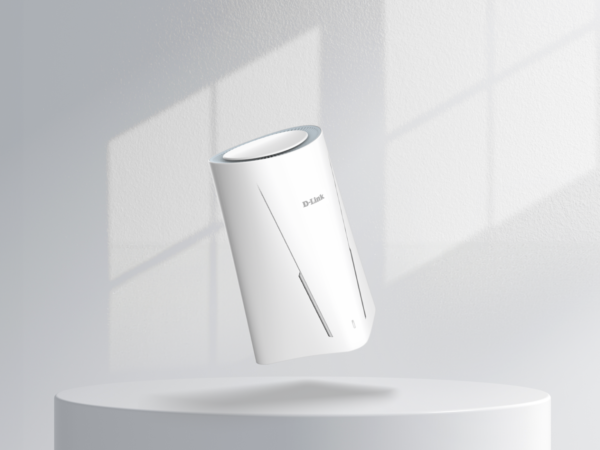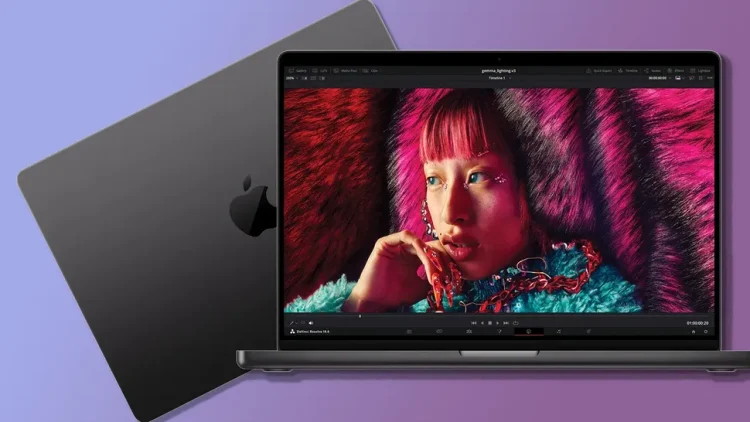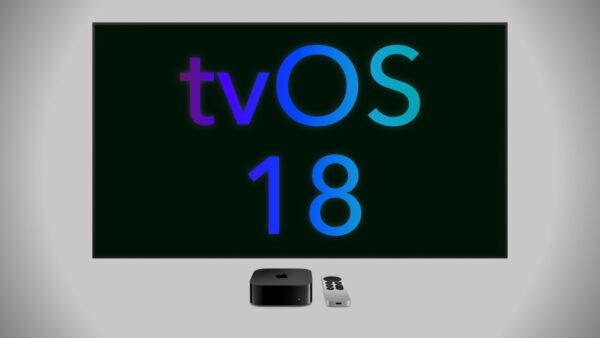
Digimagaz.com – Laptops have become an indispensable tool in today’s professional life. Whether you are an office worker, a freelancer, or an entrepreneur, having a reliable laptop that suits your needs is a must. In this guide, we will provide a comprehensive overview of how to Buying a Laptop for your work. From the specifications to consider to pricing factors, we will discuss everything you need to know before making a laptop purchase.
Complete Guide to Buying a Laptop for Work

1. Determine Your Needs
Before starting the laptop buying process, it’s essential to understand your needs in detail. Some questions you should answer include:
- What type of work will you be doing on the laptop?
- Do you need a high-performance laptop, or is a standard one sufficient?
- How much storage space do you require?
- Will you be traveling frequently and need a lightweight, portable laptop?
- By answering these questions, you can narrow down your laptop options to those that meet your specific requirements.
2. Set Your Budget
After identifying your needs, the next step is to determine your available budget. Laptops come in various price ranges, from affordable to expensive. Set a budget limit so that you can focus on laptops within your desired price range.
3. Choose the Right Specifications
There are several key specifications to consider when selecting a laptop for work. Here are some crucial specifications to pay attention to:
- Processor: The processor is the laptop’s brain. Choose a processor with adequate speed for your tasks. Intel Core i5 or i7 processors are often good choices for general office tasks, while more demanding work like graphic design or programming may require a more powerful processor.
- RAM: RAM affects your laptop’s multitasking performance. Aim for at least 8GB of RAM to run office applications smoothly. If you’ll use heavier applications like graphic design or video editing software, consider getting 16GB of RAM or more.
- Storage: Select the type of storage that suits your needs. Solid State Drives (SSD) are faster than Hard Disk Drives (HDD) and provide quicker data access. If you need a large storage capacity, you may require an additional HDD or external storage.
4. Pay Attention to Display and Keyboard Quality
The display and keyboard are essential parts of the user experience. Make sure the laptop you choose has a screen with good resolution for clear and sharp visuals. Select a screen size that fits your preferences, but ensure it offers enough screen real estate to ease your work.
Additionally, consider the keyboard quality. Choose a laptop with a comfortable and responsive keyboard if you’ll be typing for extended periods. For prolonged typing sessions, laptops with ergonomic keys and backlighting support are beneficial, especially in low-light conditions.
5. Consider Battery Life and Portability
If you frequently travel or work in places without easy access to power outlets, a good battery life is crucial. Ensure that the laptop you choose has a long-lasting battery, so you don’t have to constantly hunt for a power socket. Moreover, consider portability. If you travel extensively, opt for a lightweight and easily portable laptop. Compact and thin laptops make it convenient to carry them in a bag or suitcase.
In conclusion, this is the Complete Guide to Buying a Laptop for Work. We hope this guide helps you make an informed decision and select the perfect laptop that caters to your professional needs.





